Family Trusts- A lesser known Estate Planning Tool.
Family trusts can play an important role in estate planning. Not only can family trusts help you protect your assets, but they can also help you pass on your wealth to family members in a more tax efficient and protective manner.
How does a family trust work?
A family trust is a trust that is set up for the benefit of family members.
There can be many reasons for setting up a family trust, the most common reasons include:
> Setting funds aside for future generations.
> Passing assets on to a child or grandchild, but not until they are older.
> Protecting assets when entering a marriage.
> Ensuring that a spouse can benefit from family assets for the rest of their life before assets are passed on to children.
> Passing assets on to family members tax-efficiently.
> Protecting assets against claims from creditors when self-employed.
> There are a number of different types of trust that can be used to set up a family trust.

The main types of trusts used for family trusts are:
> Bare trusts: these are simple trusts in which all trust assets are given to the beneficiary if they are aged 18 or over (in England and Wales), or 16 and above (in Scotland). With this type of trust, the trustee simply manages the trust’s assets until the beneficiary is old enough to receive them. Bare trusts are often used to hold assets for children.
> Interest in possession trusts (Commonly referred to as a protective trust): with this type of trust, the beneficiary can receive income from the trust’s assets straight away, however, they don’t have the right to the assets until you die. This type of trust is often used in wills to give a spouse an income for life or the benefit of an asset. Once the spouse is no longer around, the trust’s assets are passed on to the children.
Discretionary trusts: these are more flexible trusts in which the trustee has discretion over the distributions of the trust. Discretion must be exercised in accordance with the terms of the trust deed; however, it is up to the trustee to determine the timing, size, and nature of the distributions. This form of trust can be effective if you are uncertain about the needs of your beneficiaries. This type of Trust is usually used to create ‘settlor exempt’ trusts for Inheritance or generational tax planning
Mixed trusts: this form of trust combines elements of different types of trusts.

